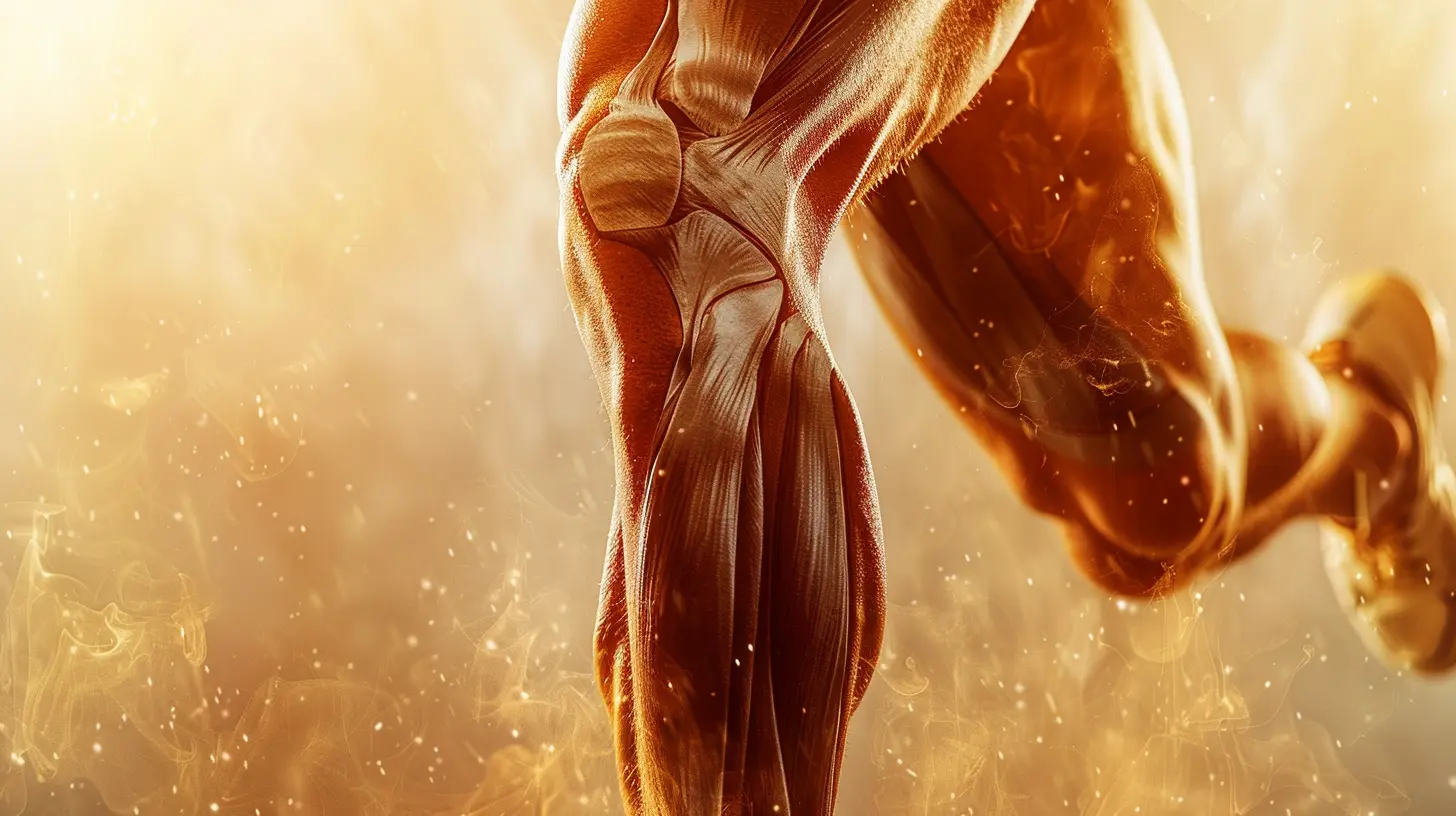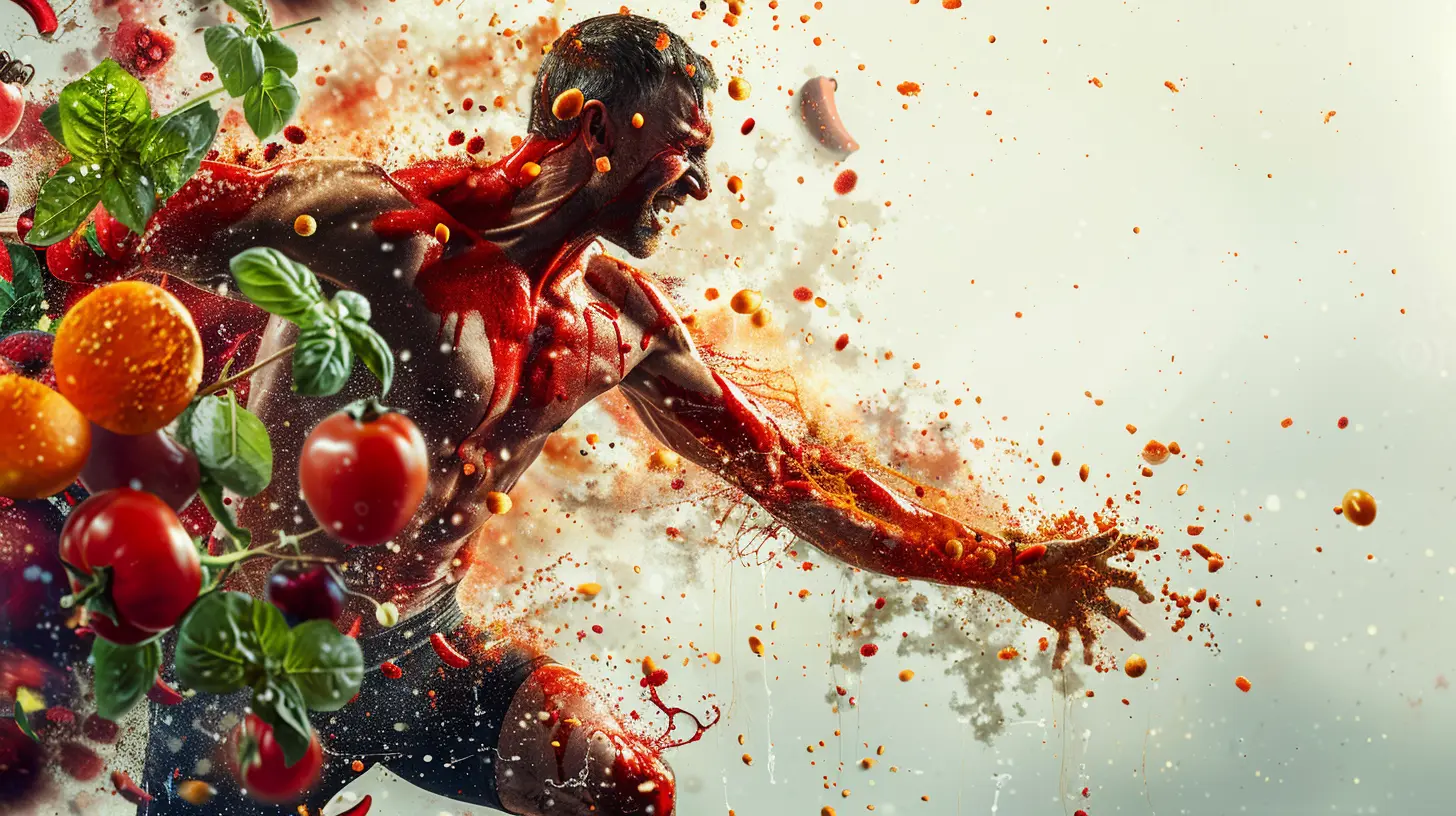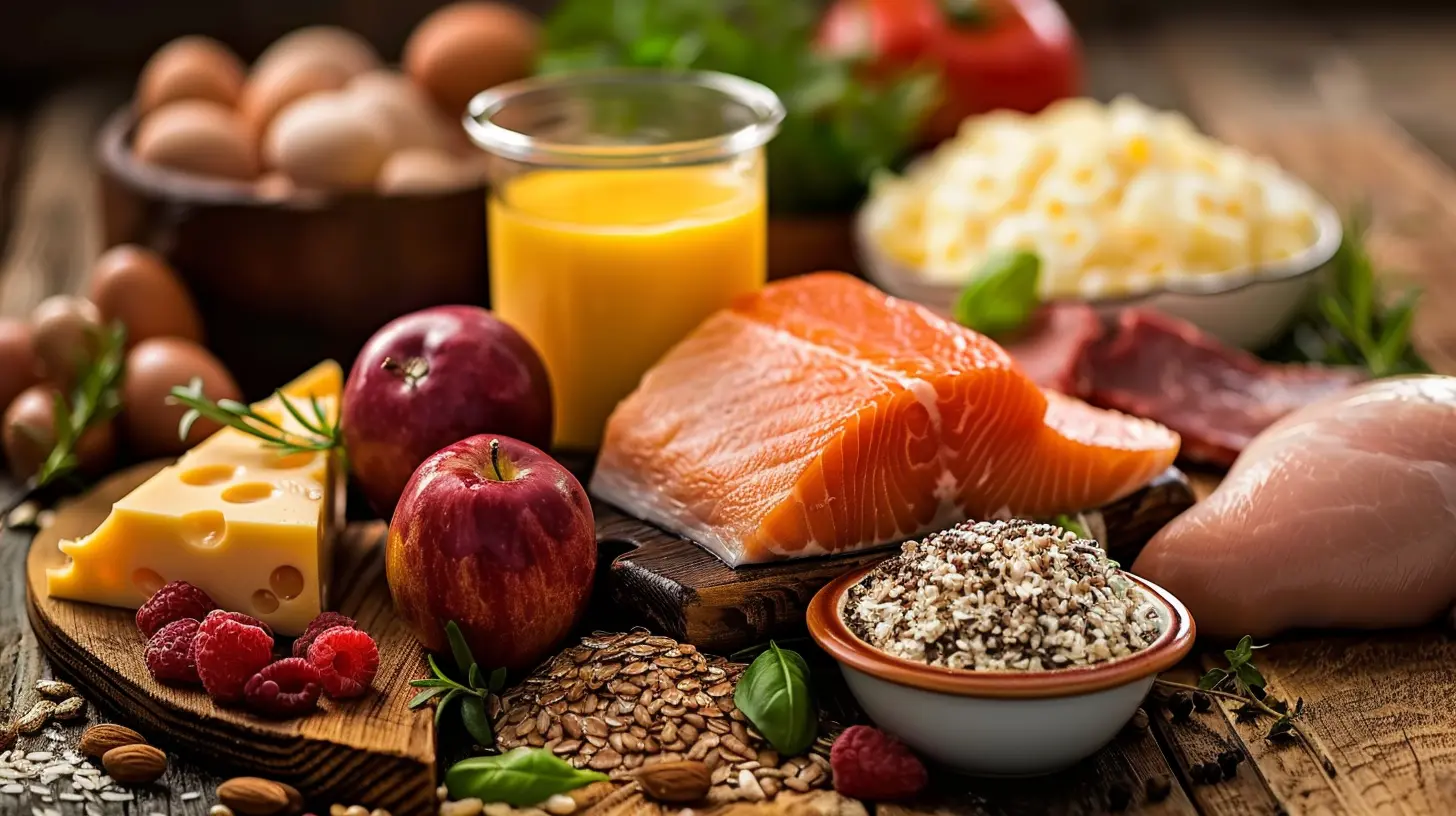18 April 2025
Muscle cramps. We've all been there, right? Whether it's during a long run, an intense workout session, or even in the middle of the night, that sudden, sharp pain can stop you in your tracks. It's like your muscles have a mind of their own, and they're throwing a tantrum. Frustrating? Absolutely. But here's the thing: you can prevent these cramps, and a lot of it has to do with what you're feeding your body.
Believe it or not, the foods you eat play a huge role in keeping those muscles happy and cramp-free. So, if you're tired of dealing with muscle cramps, it's time to take a closer look at your nutrition. In this article, we’ll dive into the connection between nutrition and muscle cramps, and more importantly, how you can tweak your diet to reduce or even eliminate those pesky cramps altogether.

What Exactly Are Muscle Cramps?
Before we leap into the nutrition side of things, let’s quickly clarify what muscle cramps are. A muscle cramp is an involuntary, sudden contraction or spasm of one or more of your muscles. You know the feeling—a tight, painful knot that seems to come out of nowhere. It can last anywhere from a few seconds to several minutes.Cramps often occur during or after exercise, but they can also strike during your everyday activities or even while you're resting. While the exact cause of cramps isn’t always crystal clear, a common culprit is muscle fatigue or, you guessed it, improper nutrition. That’s where we come in!

The Role of Nutrition in Muscle Cramps
So, how does what you eat affect your muscles? Well, your muscles depend on certain nutrients to function properly. Think of your muscles like a car engine: if you're not using the right fuel, it’s going to sputter and stall. If you’re lacking key nutrients, your muscles might just throw a fit and cramp up.Here’s the deal: certain vitamins and minerals help regulate muscle contractions, hydration levels, and overall performance. Without the right balance of these nutrients, your muscles may struggle to function properly, leading to cramps. Now, let's break down the key nutrients that can make a difference.
1. Stay Hydrated: The Importance of Water
First things first: drink your water! Dehydration is one of the most common causes of muscle cramps. When you’re low on fluids, your muscles can become more prone to cramping because they aren’t getting the electrolytes they need to contract and relax correctly.Water acts like the oil that keeps your muscles running smoothly. It helps maintain proper electrolyte balance, which is essential for muscle function. Dehydration can lead to an imbalance of electrolytes like sodium and potassium, which may result in cramps.
How Much Water Should You Drink?
How much water you need depends on a variety of factors, like your activity level, the climate, and your body size. A general rule of thumb is to aim for about 8 cups (64 ounces) of water per day. But if you’re active or sweating a lot, you might need more. A good way to tell if you're hydrated? Check the color of your urine—it should be light yellow.2. Electrolytes: Your Muscle's Best Friend
When we talk about preventing muscle cramps, we can’t forget about electrolytes. These are minerals that conduct electrical impulses in your body, helping your muscles contract and relax. The big players here are sodium, potassium, calcium, and magnesium.Sodium
Sodium is essential for muscle function, especially during exercise. It helps regulate fluid balance and muscle contractions. When you sweat, you lose sodium, which is why it’s critical to replace it during and after workouts.Potassium
Potassium works hand-in-hand with sodium to help your muscles contract and relax. If your potassium levels are low, your muscles might cramp up. Foods like bananas, oranges, and sweet potatoes are potassium powerhouses.Calcium
We all know calcium is important for bone health, but did you know it also plays a crucial role in muscle function? Calcium helps muscles contract. If you’re low on calcium, your muscles may have difficulty contracting and relaxing, leading to cramps.Magnesium
Magnesium is the unsung hero of muscle health. It helps regulate muscle contractions and supports energy production. A magnesium deficiency can increase your chances of experiencing muscle cramps, especially during exercise.3. Carbohydrates: Fuel for Your Muscles
Carbs aren't the enemy! In fact, they’re a vital source of energy for your muscles. When you exercise, your body burns through glycogen (a form of stored carbohydrates) for energy. If you don’t have enough glycogen, your muscles can become fatigued, increasing the likelihood of cramps.Before a workout or any physical activity, make sure you’re fueling up with healthy carbohydrates. Think whole grains, fruits, and vegetables. These foods will give your muscles the energy they need to keep going without cramping up.
4. Protein: Repair and Strengthen Your Muscles
Protein is essential for muscle repair and growth. After a workout, your muscles need protein to recover and rebuild. If you're not getting enough protein, your muscles may not recover properly, which can lead to soreness, fatigue, and—you guessed it—cramps.Good sources of protein include lean meats, fish, eggs, dairy products, and plant-based options like beans, lentils, and tofu. Make sure you're getting enough protein in your diet, especially if you're working out regularly.
5. Healthy Fats: Keep Inflammation in Check
While carbohydrates and protein get most of the attention when it comes to sports nutrition, don’t forget about healthy fats. Omega-3 fatty acids, found in foods like salmon, walnuts, and flaxseeds, have anti-inflammatory properties that can help reduce muscle soreness and cramps.Inflammation in the body can exacerbate muscle cramps, so it’s important to include healthy fats in your diet to keep inflammation under control.

Foods That Can Help Reduce Muscle Cramps
Now that we've covered the nutrients that play a key role in muscle function, let’s talk about some specific foods that can help reduce muscle cramps.1. Bananas
Bananas are loaded with potassium, which is crucial for preventing muscle cramps. They’re also a great source of carbohydrates, giving your muscles the energy they need to perform at their best.2. Sweet Potatoes
Sweet potatoes are another excellent source of potassium, as well as magnesium and calcium. Plus, they provide complex carbohydrates to fuel your workouts.3. Leafy Greens
Leafy greens like spinach, kale, and Swiss chard are packed with magnesium and calcium. They’re also rich in antioxidants, which can help reduce inflammation.4. Avocados
Avocados are a fantastic source of healthy fats, potassium, and magnesium. They can help keep your muscles healthy and reduce the risk of cramping.5. Nuts and Seeds
Nuts and seeds, such as almonds, pumpkin seeds, and chia seeds, are rich in magnesium and healthy fats. Snacking on a handful of nuts or seeds can provide a quick nutrient boost for your muscles.6. Greek Yogurt
Greek yogurt is high in protein and calcium, making it a great post-workout snack to support muscle recovery and prevent cramps.7. Citrus Fruits
Oranges, grapefruits, and other citrus fruits are high in potassium and vitamin C, which can help with muscle function and reduce cramping.
A Word on Supplements
Sometimes, even with the best diet, it can be tough to get all the nutrients you need. If you’re struggling with muscle cramps and think you might be deficient in a certain mineral, consider talking to a healthcare professional about supplements.Magnesium, calcium, and potassium supplements are commonly used to help manage muscle cramps, especially for athletes who are sweating a lot during intense exercise. Just be cautious and avoid over-supplementing, as too much of a good thing can sometimes lead to other health issues.
The Bottom Line
Muscle cramps can be a real pain—literally—but they don't have to be a regular part of your life. By paying attention to what you eat and ensuring you're getting the right balance of electrolytes, water, carbohydrates, protein, and healthy fats, you can keep your muscles happy and cramp-free.So, the next time you feel that dreaded cramp creeping up, take a step back and think about your nutrition. Are you hydrated? Are you eating enough potassium-rich foods like bananas and sweet potatoes? How about magnesium-packed greens or calcium-filled dairy? A few small changes in your diet can make a world of difference.
Remember, your body is like a finely tuned machine—it needs the right fuel to perform at its best. Treat it well, and it’ll reward you with fewer cramps and better overall performance.


